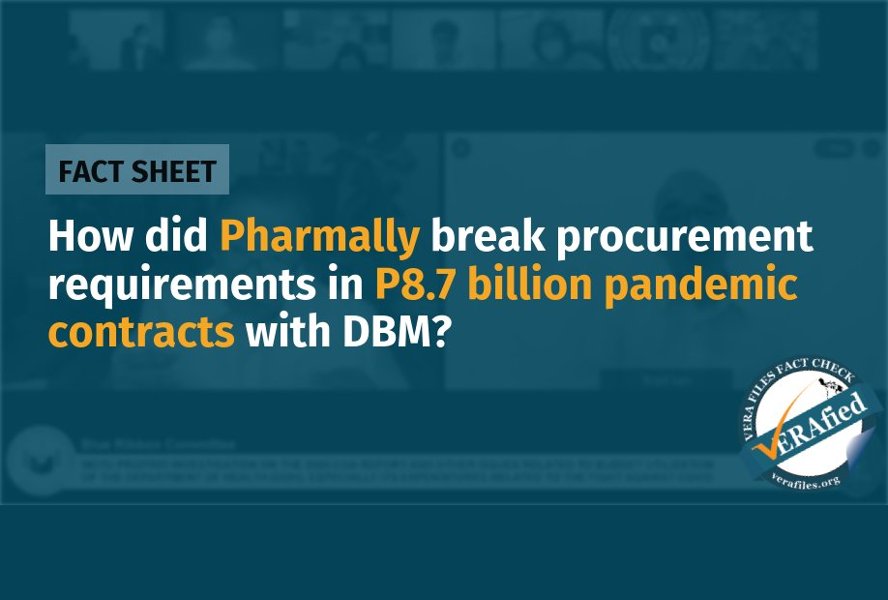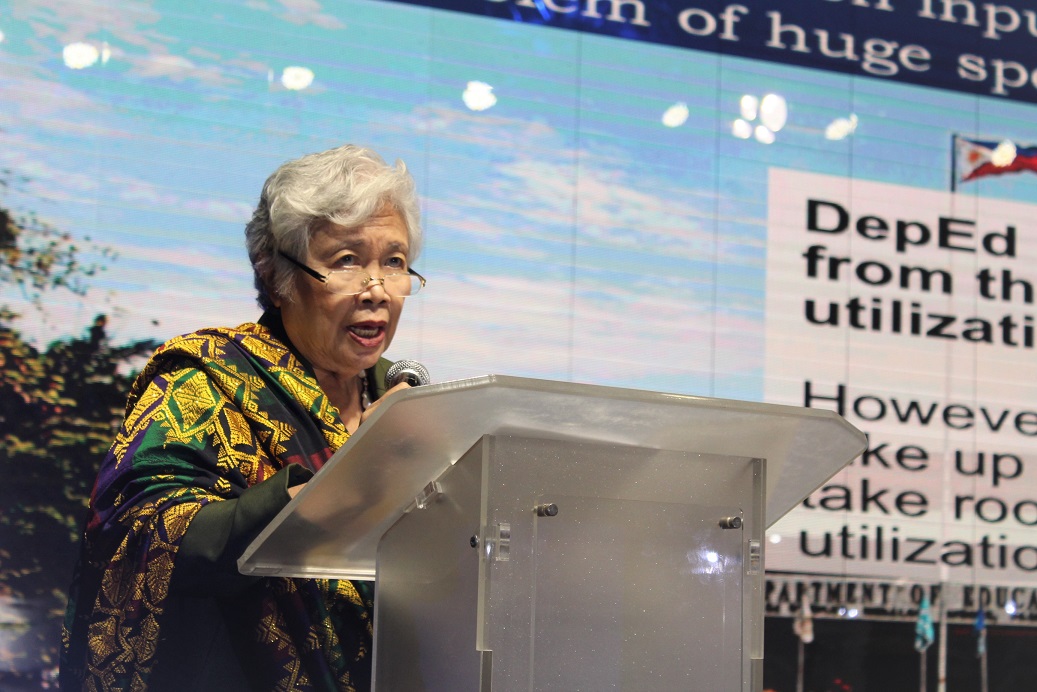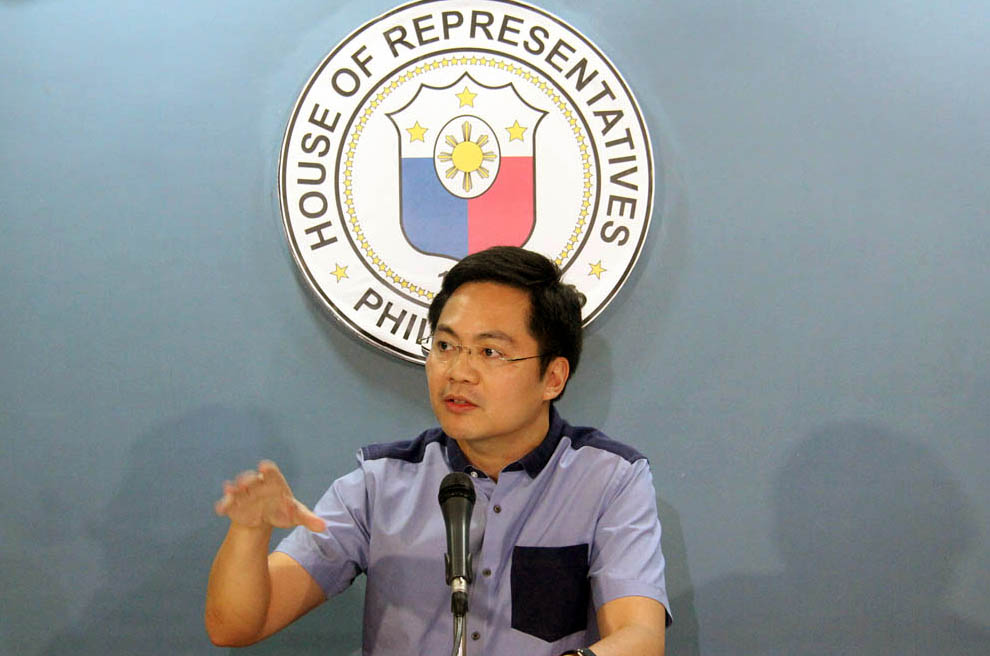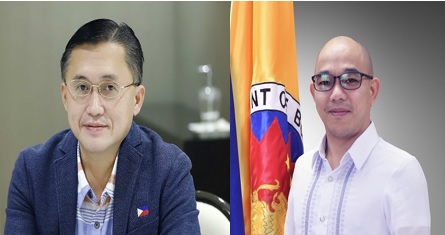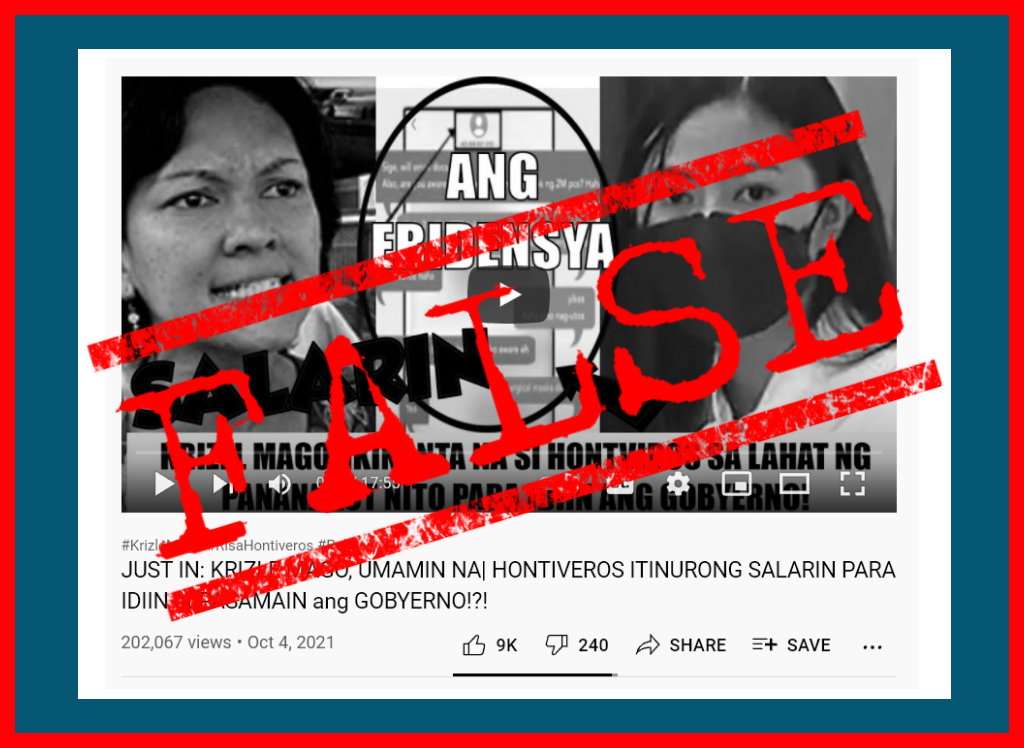This article has been updated to correct typographical errors.
The Commission on Audit (COA) report about the P67.32 billion “deficiencies” in the pandemic response funds of the Department of Health (DOH) triggered a congressional investigation on the transfer of P42 billion of the amount to the Procurement Service in the Department of Budget and Management (PS-DBM). This, in turn, led to the discovery of P8.68 billion in supply contracts with Pharmally Pharmaceutical Corp.
With P625,000 paid-up capital, Pharmally registered with the Securities and Exchange Commission (SEC) on Sept. 4, 2019 as a wholesaler, distributor, and importer of pharmaceutical products, machinery, and equipment.
Seven months later, it started getting contracts from PS-DBM. In the first half of 2020 alone, it bagged nine contracts worth P8.01 billion of personal protective equipment (PPE) items through negotiated agreements under Republic Act (RA) No. 9184, or the Government Procurement Reform Act. In June 2021, Pharmally got an additional P774 million contract for coronavirus disease 2019 (COVID-19) testing kits.
Several questions have been raised on the qualifications, specifically the financial capability, of Pharmally, the process it went through to get the contracts, and its track record in transacting with the government.
During a Sept. 10 public hearing of the Senate Blue Ribbon Committee, senators asked how the company with so little capital paid international suppliers of surgical face masks, face shields, and reverse transcription-polymerase chain reaction (RT-PCR) testing kits delivered to PS-DBM.
Linconn Ong, a director at Pharmally, replied that the company sought the help of Michael Yang, President Rodrigo Duterte’s former economic adviser, who “guaranteed” for it in its dealings with international suppliers. Yang testified that he had introduced Pharmally to suppliers in China.
RA 9184 allows negotiated procurement as long as these comply with safeguards that guarantee the protection of the people’s money.
What is a negotiated procurement? Under what circumstances is it allowed by law? How can a company qualify for negotiated procurement? How did Pharmally fare as a company before the pandemic?
Here are three things you need to know:
1. What is a negotiated procurement and when is it allowed?
Negotiated procurement is a method of purchase in which the acquiring entity (e.g. a government agency) “directly negotiates a contract with a technically, legally and financially capable supplier, contractor or consultant.”
It is one of five alternative methods of procurement allowed only under certain conditions, like a calamity or an emergency such as the coronavirus disease 2019 (COVID-19) pandemic, during which the government needs to take immediate steps to prevent “imminent danger” to life or property.
Under the implementing rules and regulations (IRR) of RA 9184, negotiated procurement may be necessary to restore essential public services, infrastructure facilities, and other public utilities.
When the pandemic hit the country in March 2020, Congress further empowered the executive department to speed up the purchase of public health goods through “expedited procurement” under RA 11469, or the Bayanihan to Heal as One Act (Bayanihan 1) and RA 11494, the Bayanihan to Recover as One Act (Bayanihan 2). Bayanihan 1 states that the government must acquire the necessary items in “the most judicious, economical, and expeditious manner.”
Under normal circumstances, the procurement law requires government agencies to go through competitive bidding, a seven-step process that meticulously screens companies and evaluates their bids for public contracts.
2. What are the requirements for companies involved in negotiated procurement? Did Pharmally fulfill these requirements?
There are only four mandatory requirements for companies entering into negotiated procurement of goods, according to a March 23, 2020 resolution of the Government Procurement Policy Board (GPPB), an interagency body that provides general policy formulation for government procurement. These are:
Lloyd Christopher Lao, former officer in charge of PS-DBM, testified in the Sept. 10 Senate hearing that the department “asked” Pharmally for three out of the four required documents as well as the “technical specifications” of the items that his office sought to purchase.
He said, “There was no [other] requirement by law.” However, the Procurement Reform Act prescribes additional safeguards for alternative procurement methods such as the submission of a performance security or warranty security, depending on the nature of the public project.
A performance security is a guarantee that the winning bidder will “faithfully perform” its obligations as specified in the contract. Warranty securities, on the other hand, are required only for “highly specialized” goods.
For infrastructure projects under negotiated procurement, the GPPB mandated that the prospective bidders show a net financial capacity contract (NFCC) for projects with a budget higher than P500,000.
NFCCs establish the capacity of a bidder to “absorb additional obligations” related to the contract to determine its financial capacity to complete and implement a project.
Explaining why the PS-DBM did not look into Pharmally’s NFCCs, Lao, who is a lawyer, said it is not required for supply contracts “during [sic] Bayanihan 1.”
While an NFCC is not required in the purchase of pandemic goods like face masks and face shields under the GPPB’s guidelines, Senate Minority Floor Leader Franklin Drilon said:
“That’s an [sic] ordinary common sense and prudence dictate[s] that you should not award P54 million worth of a contract for a company with P625,000 capitalization.”
Source: Senate of the Philippines Official Youtube Channel, Blue Ribbon Committee, Sept. 10, 2021, watch from 5:01:49 to 5:02:04
A scan of Pharmally’s financial statements submitted to the Securities and Exchange Commission (SEC) indicates that, prior to its 2020 dealings with PS-DBM, the company had no business activity from September to December 2019.
3. Based on its financial statements, how was business for Pharmally before the COVID-19 pandemic?
Pharmally’s 2019 financial statement shows it had no capability to import pharmaceutical products, according to several experts who found the company a “high risk” firm to deal with due to the absence of any business transactions prior to the pandemic.
In 2019, the firm declared a net loss of some P25,000, leaving it with a total cash capital of P599,000 by the end of the year.
Accountants from independent transparency initiatives Citizens’ Budget Tracker and Right to Know, Right Know Coalition analyzed Pharmally’s 2019 and 2020 financial statements.
In a study released on Sept. 7, certified public accountants of the non-government organizations found that Pharmally’s 2019 financial statement “does not inspire confidence that the company has the financial capacity to fulfill the P7.9B worth of contracts awarded in a short period of time.” It noted that Pharmally’s capitalization was “grossly insufficient,” based on a review of its cash flows and financial position.
A computation of the company’s NFCC would fall short of the minimum P6.24 million in current working capital required to win the P54-million contract that the PS-DBM awarded on April 14, 2020, according to the study.
During the Sept. 10 Senate hearing, Mon Abrea, a tax expert and chief executive officer of the Asian Consulting Group, cited several red flags on the qualifications of Pharmally. He said he found it suspicious how a company barely a year old managed to get billion-peso contracts with the government.
Normally, he noted, the process of obtaining the necessary accreditation and licenses to establish reputation and prove the company’s financial capacity and qualify for bidding usually takes at least two years.
Abrea, also a consultant with the Bureau of Internal Revenue, said Pharmally should have had a letter of credit and other legal guarantees, being a company engaged in the import of pharmaceuticals products.
A letter of credit is a guarantee from a Philippine bank that a buyer’s payment to a seller would be received timely and for the correct amount. It provides that in case the buyer is unable to pay for a transaction, the bank agrees to shoulder the full or remaining balance.
Abrea added that in 2019, Pharmally did not disclose “required resources” that importers must all have in documents submitted to the SEC. It also failed to declare any inventory, equipment, and warehouse when the company registered as an importer of goods.
Editor’s note: This article has been updated to correct typographical errors.
